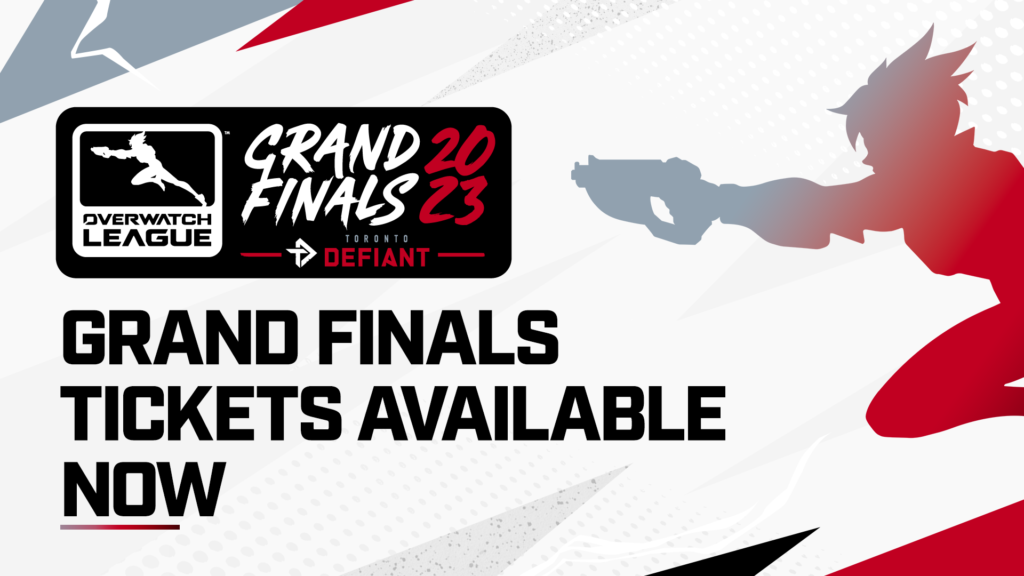
The 2023 Overwatch League playoffs have undergone a significant format change in an attempt to ensure equitable competition among all participating teams. While the league’s intentions were well-meaning, the outcome has left a considerable number of teams dissatisfied as they approach the event scheduled for September 28th in Toronto.
Coaches and players representing various teams that qualified for the 2023 OWL playoffs have expressed frustration regarding the process used to determine the initial matches and the selection of map picks. This dissatisfaction has been documented in a report by GGRecon.
Keep Reading
Traditionally, the OWL playoffs followed a double-elimination format, but the 2023 edition introduced a division into a group stage and a single-elimination stage, with the most significant source of disruption arising from the methodology employed for seeding.
Adding complexity to the situation, five teams secured playoff berths through automatic qualification, while two Western teams and one Eastern team made their way through play-ins. This resulted in an uneven regional representation that the league needed to reconcile. In response, the OWL organized a draft where teams were allowed to choose which opponents they would not face, a decision that perplexed some coaches.
The primary source of frustration stems from the fact that seeding was determined through the draft process rather than being based on regular season performances. This has generated widespread discontent across the league.
Notably, the seeding within the groups, which dictates which team gets the initial map pick for the series, is structured in descending order as follows: Atlanta Reign, Seoul Infernal, Florida Mayhem, London Spitfire, Houston Outlaws, Boston Uprising, Dallas Fuel, and the Hangzhou Spark.
Florida Mayhem’s coach, Jordan “Gunba” Graham, was one of the first to highlight two significant issues with this approach. First, higher-seeded teams consistently have the advantage of selecting the first map of Control, a situation that has been amplified by the introduction of the new map type, Flashpoint, which limits Control to a single occurrence per series.
For instance, the London Spitfire occupies the fourth seed despite being the last team to secure a playoff spot. This grants them map advantages over teams that, if seeded by performance, would not have received such benefits. Gunba expressed his disbelief, stating that “having seeding determined in this way that puts London as the fourth seed is insane.” The Spitfire’s coach, ChrisTFer, also acknowledged that their seeding had significantly bolstered their competitive standing.
This unconventional seeding also impacts on-site practice arrangements in Toronto, as certain teams gain a more significant advantage. The venue only accommodates four teams for practice at a time, with seeding dictating which teams receive extended time on their servers dedicated to scrimmaging against each other, according to Gunba. He argued that both the seeding and practice time should be based on regular season performance, not how teams qualified for the tournament.
GGRecon reached out to the OWL for clarification on this practice issue, and the league responded by stating, “All teams are receiving the same amount of practice time in equivalent facilities.”
Nevertheless, as the 2023 season comes to a close, teams find themselves deeply troubled by these developments. Boston Uprising’s coach, KariV, expressed frustration, saying, “We work hard all year for a good record to impress the fans, but I guess that doesn’t matter for map pick in this league.”
Tensions are escalating, but teams are determined to overcome these challenges and vie for the 2023 OWL championship. The OWL 2023 playoffs are set to commence on Thursday, September 28, culminating in the crowning of the sixth OWL champions on Sunday, October 1.



